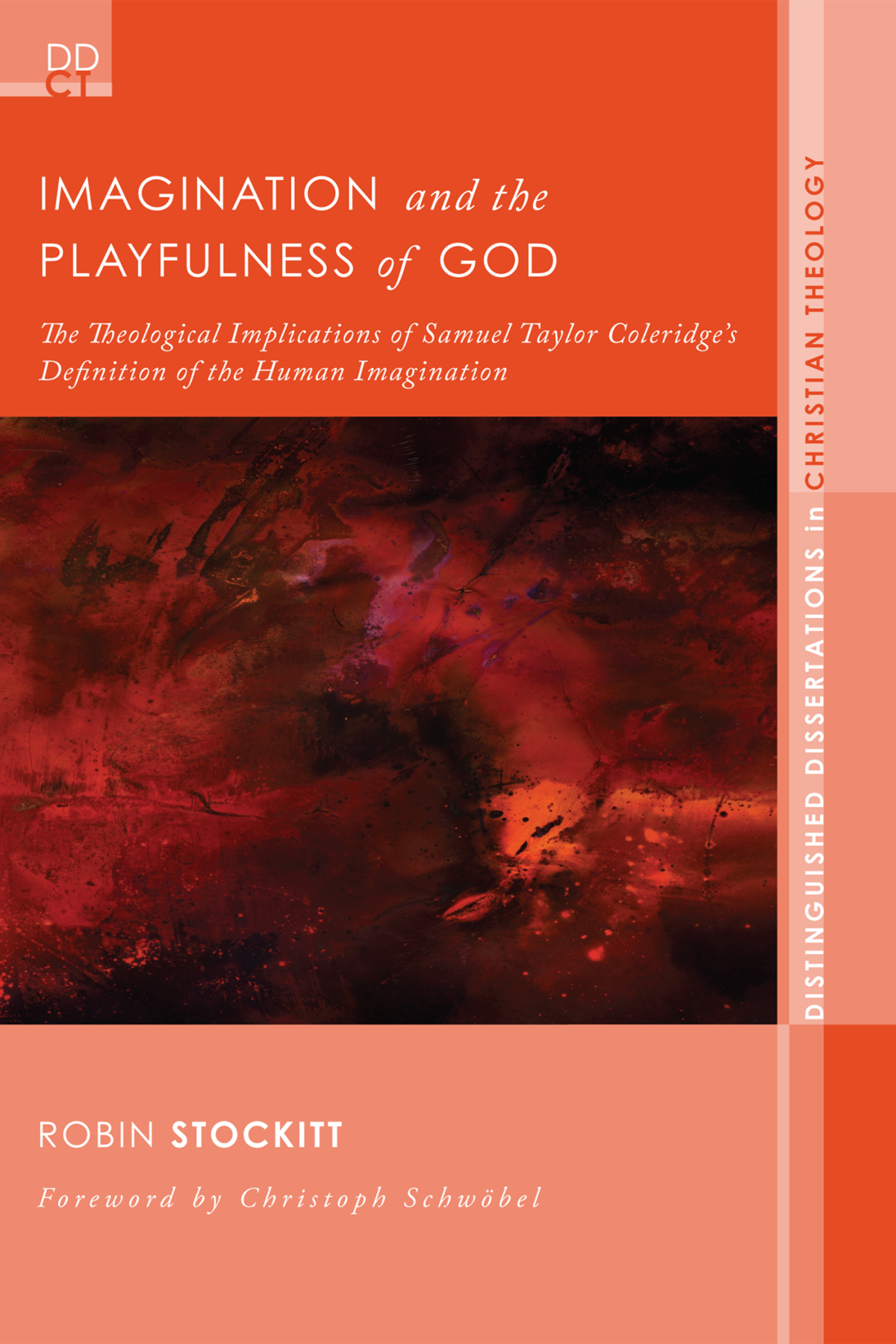

Most ebook files are in PDF format, so you can easily read them using various software such as Foxit Reader or directly on the Google Chrome browser.
Some ebook files are released by publishers in other formats such as .awz, .mobi, .epub, .fb2, etc. You may need to install specific software to read these formats on mobile/PC, such as Calibre.
Please read the tutorial at this link: https://ebookbell.com/faq
We offer FREE conversion to the popular formats you request; however, this may take some time. Therefore, right after payment, please email us, and we will try to provide the service as quickly as possible.
For some exceptional file formats or broken links (if any), please refrain from opening any disputes. Instead, email us first, and we will try to assist within a maximum of 6 hours.
EbookBell Team

4.3
38 reviewsThe human imagination is a reflection of and a participation in the divine imagination; so mused the romantic poet, philosopher and theologian Samuel Taylor Coleridge. His thinking was intuitive, dense, obscure, brilliant, and deeply influenced by German philosophy. This book explores the development of his philosophical theology with particular reference to the imagination, examining the diverse streams that contributed to the originality of his thought. The second section of this book extrapolates his thinking into areas into which Coleridge did not venture. If God is intrinsically imaginative, then how is this manifested? Can we articulate a theology of the ontology of God that is framed in imaginative and creative terms? Drawing on the groundbreaking work of Huizinga on 'play,' this study seeks to develop a theological understanding of God's playfulness.